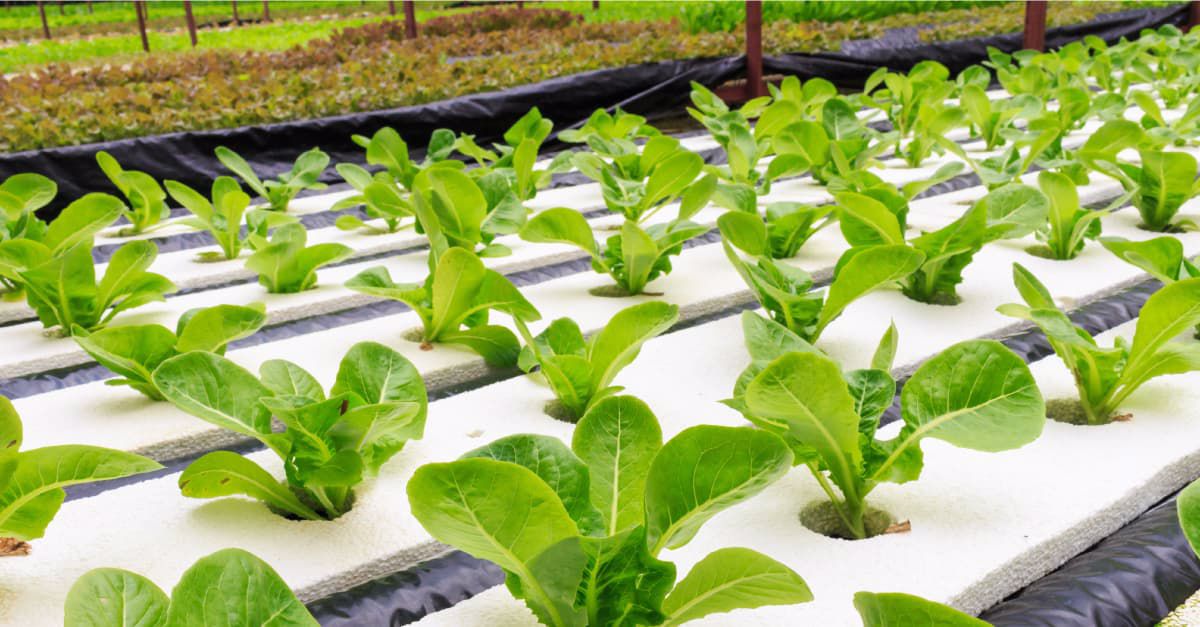According to the UNCATD, fair and competitive food markets are crucial to achieving a world without hunger, a fundamental goal of the 2030 Agenda for Sustainable Development.
The agrifood sector has seen rising market concentration in recent years. Through mergers and acquisitions, a handful of large multinational corporations have come to dominate global food value chains.
In the grains market, for example, the top four companies control between 70% to 90% of global trade.
Similarly, in sectors like agrochemicals, animal pharmaceuticals, seeds, farm equipment and synthetic fertilizers, the four largest firms hold a combined market share that ranges from 33% to 65%.
Recent UN Trade and Development (UNCTAD) meetings with governments, researchers and experts have highlighted how competition law and policy can tackle unfair and monopolistic practices.
Why competition matters in food markets
Global food systems involve a range of players, including farmers and producers, input providers, processors, exporters, logistics partners, sellers and consumers.
Competition can drive innovation and efficiency, benefiting everyone, says Teresa Moreira, head of UN Trade and Development’s competition and consumer protection branch.
“When companies and farms compete, they strive to improve their techniques, resulting in higher quality products with more variety, sustainable practices, higher yields and lower costs that can increase aggregate surplus across each value chain,” Ms. Moreira says.
Competition can also help reduce the costs of agricultural inputs like fertilizers and seeds, making food more affordable.
The agrifood sector has seen rising market concentration in recent years. Through mergers and acquisitions, a handful of large multinational corporations have come to dominate global food value chains.
In the grains market, for example, the top four companies control between 70% to 90% of global trade.
Similarly, in sectors like agrochemicals, animal pharmaceuticals, seeds, farm equipment and synthetic fertilizers, the four largest firms hold a combined market share that ranges from 33% to 65%.
Recent UN Trade and Development (UNCTAD) meetings with governments, researchers and experts have highlighted how competition law and policy can tackle unfair and monopolistic practices.
Why competition matters in food markets
Global food systems involve a range of players, including farmers and producers, input providers, processors, exporters, logistics partners, sellers and consumers.
Competition can drive innovation and efficiency, benefiting everyone, says Teresa Moreira, head of UN Trade and Development’s competition and consumer protection branch.
“When companies and farms compete, they strive to improve their techniques, resulting in higher quality products with more variety, sustainable practices, higher yields and lower costs that can increase aggregate surplus across each value chain,” Ms. Moreira says.
Competition can also help reduce the costs of agricultural inputs like fertilizers and seeds, making food more affordable.




